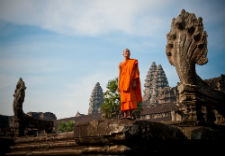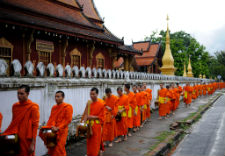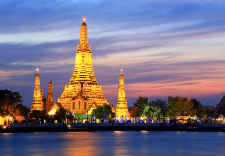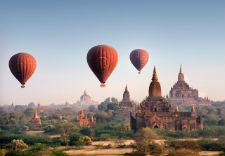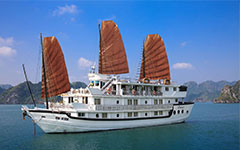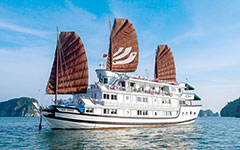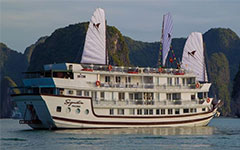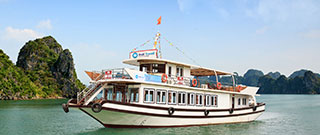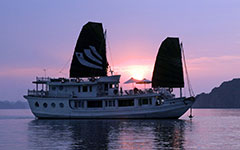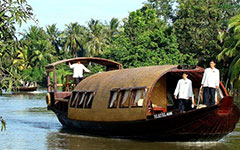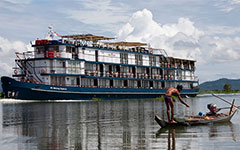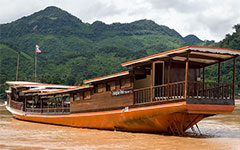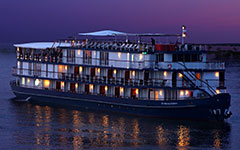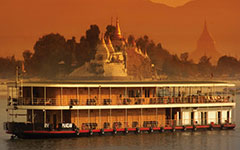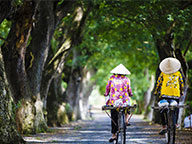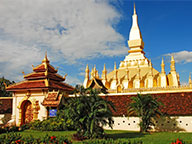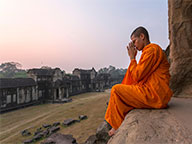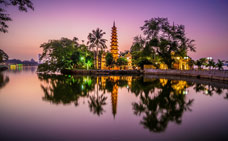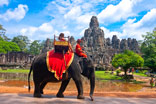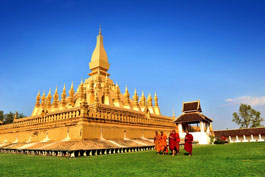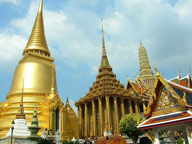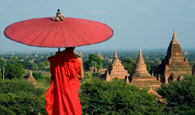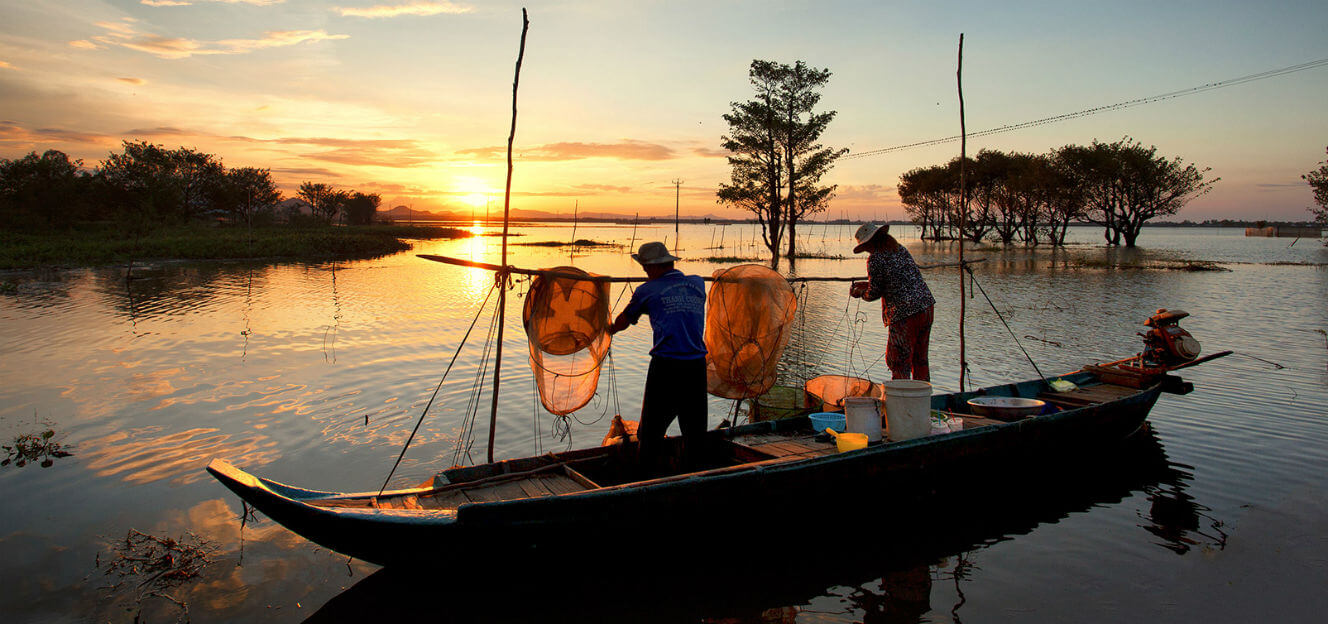Weather & Climate
The Thailand climate is controlled by tropical monsoons and the weather in Thailand is generally hot and humid across most of the country throughout most of the year.
While Thailand’s seasons are generally divided into the hot season, cool season, and rainy season, in reality it’s relatively hot most of the year. The weather in central, northern, and northeastern Thailand (the landlocked provinces) is determined by three seasons, whereas the southern, coastal regions of Thailand feature only two, making the weather in Thailand quite easy to understand and plan a trip around.
In Thailand’s inland provinces the seasons are clearly defined: Between November and May the weather is mostly dry and the cool season and hot season occur from November to February and March to May respectively.
The other inland season, the rainy season, lasts from May to November and is dominated by the southwest monsoon, during which time rainfall in most of Thailand is at its heaviest. The southern, coastal region of Thailand really has only two seasons – rainy season and dry season. Fortunately, for those planning a beach holiday, Thailand’s two coasts have slightly different rainy seasons, allowing visitors to find sunny beaches nearly year round. On the Andaman or west coast, where Phuket, Krabi, and the Phi Phi Islands lie, the southwest monsoon brings heavy storms from April to October, while on the Gulf of Thailand or east coast, where Koh Samui, Koh Phangan, and Koh Tao lie, the most rain falls between September and December.
The best time for travelling is November to February (cool season), although the southern islands are best from June to September.
Best time to visit Bangkok
the best time to visit Bangkok is between November and February during the dry season. During the rainy season between May and September, humidity is very high and the downpours are short but violent and the streets of Bangkok often flood. The hottest time of year is between March and May when the air-conditioning is on overdrive and the sweat pours from the pores.
Best time to visit Chiang Mai
The peak season for visiting Chiang Mai is December to January, the only time of year when daytime temperatures dip below 30°C (86°F). The cooler weather is a welcome change from the steamy monsoon months (June to October), and the lack of rain makes this the perfect time to venture out into the hills. However, many visitors plan their trip by the festival calendar, with the Chiang Mai Flower Festival in February and Inthakin in May amongst the most popular events.

